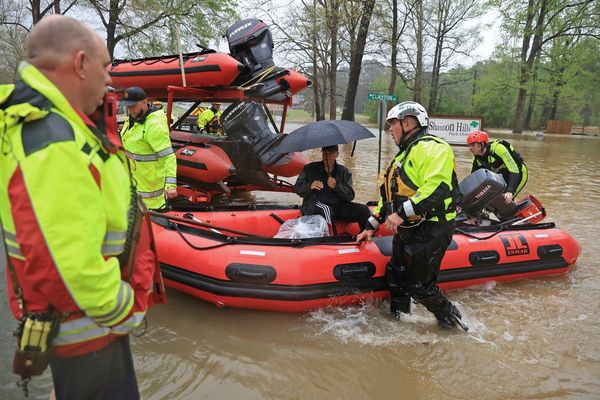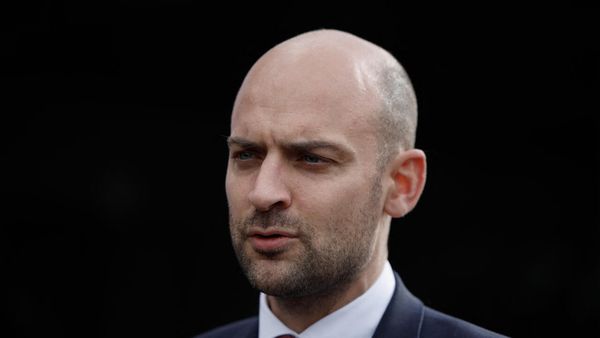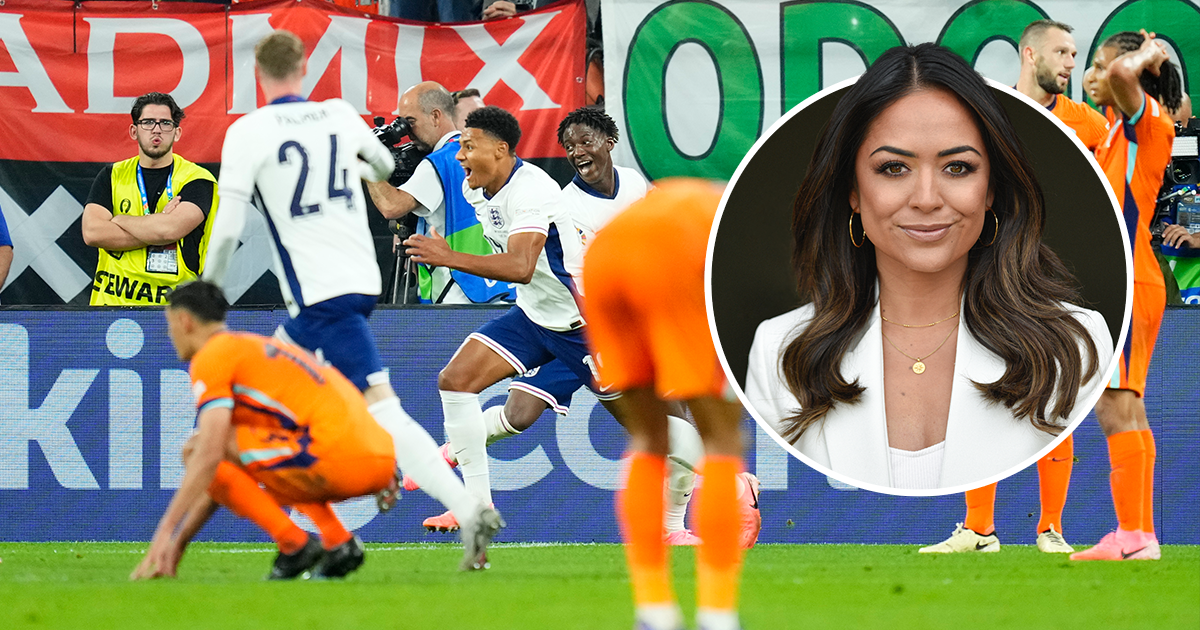
You can’t beat a tournament summer. Non-stop football, days fuelled by conversation about the best goal, the next young star to break through, debates about team selection and gatherings with your family and friends just because there’s another game on.
Growing up watching football with my dad, England games were always the biggest, most exciting and best. That feeling has always stayed with me, so covering England matches for work is the greatest honour.
This summer, I was fortunate enough to present Euro 2024 for Fox Sports, the television rights holders for the tournament in the USA.
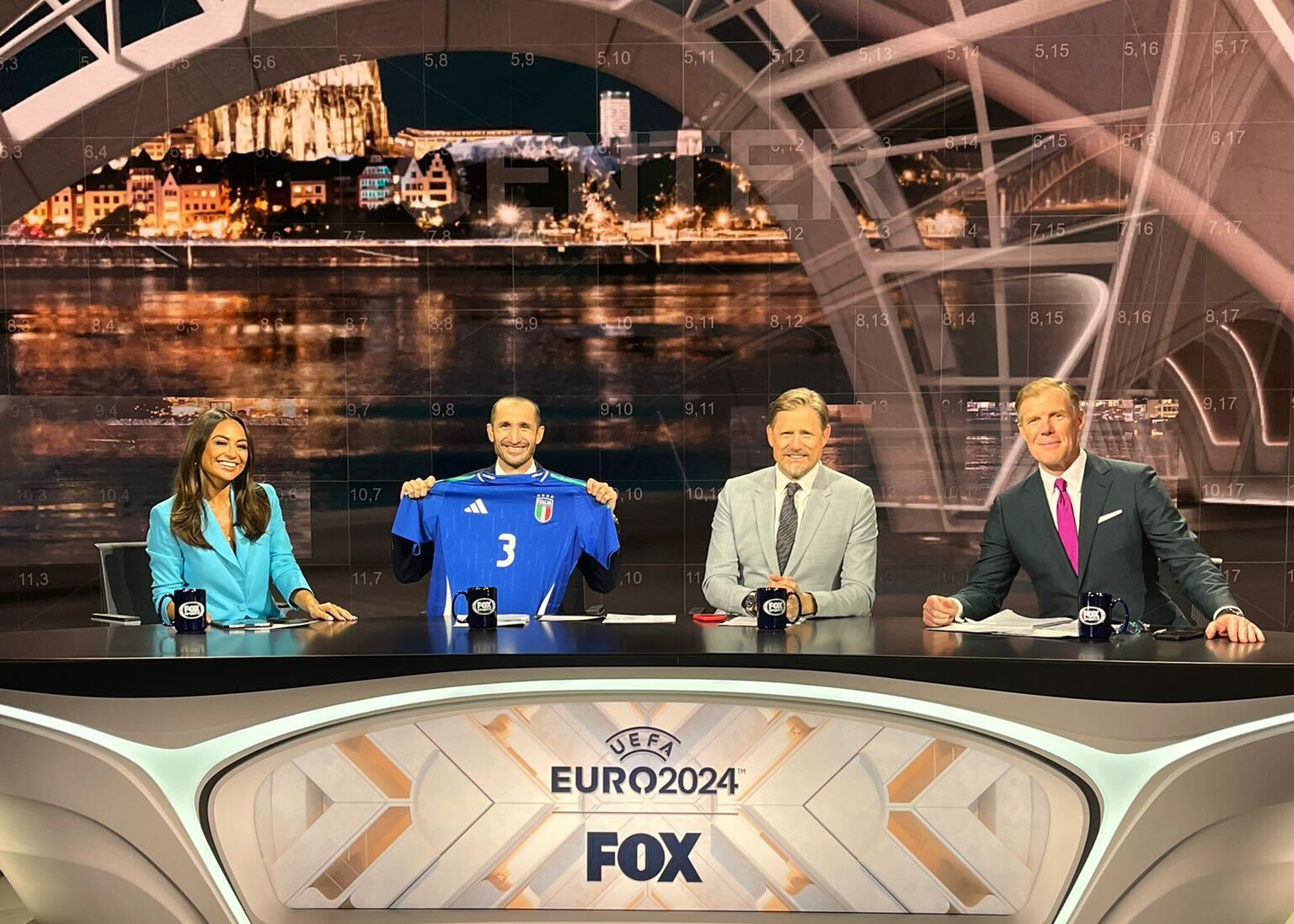
FourFourTwo were keen to find out whether the experience was any different covering a major tournament for an American network, as opposed to what I’m used to on a weekly basis working on football games for English broadcasters. Let’s start with the myth busting.
Yes, they call it soccer and we call it football. Therefore, I called it football. I was encouraged to be authentic in my delivery and questioning of the guests just as I would back home, so that didn’t change, but it did make for some amusing translations off camera to some of my American colleagues.
Zero will always be nil, PKs are penalties and, yes, we do eat beans on toast and it’s bloody lovely. The truth is, the biggest difference was getting used to the bizarre time zone and schedule. Who wakes up to watch a football match at 6am? Beer for breakfast? Surely not.
Well, when the Fox Sports studios are based in Los Angeles, thousands of miles from host country Germany, that’s what time a UK 2pm kick off was.
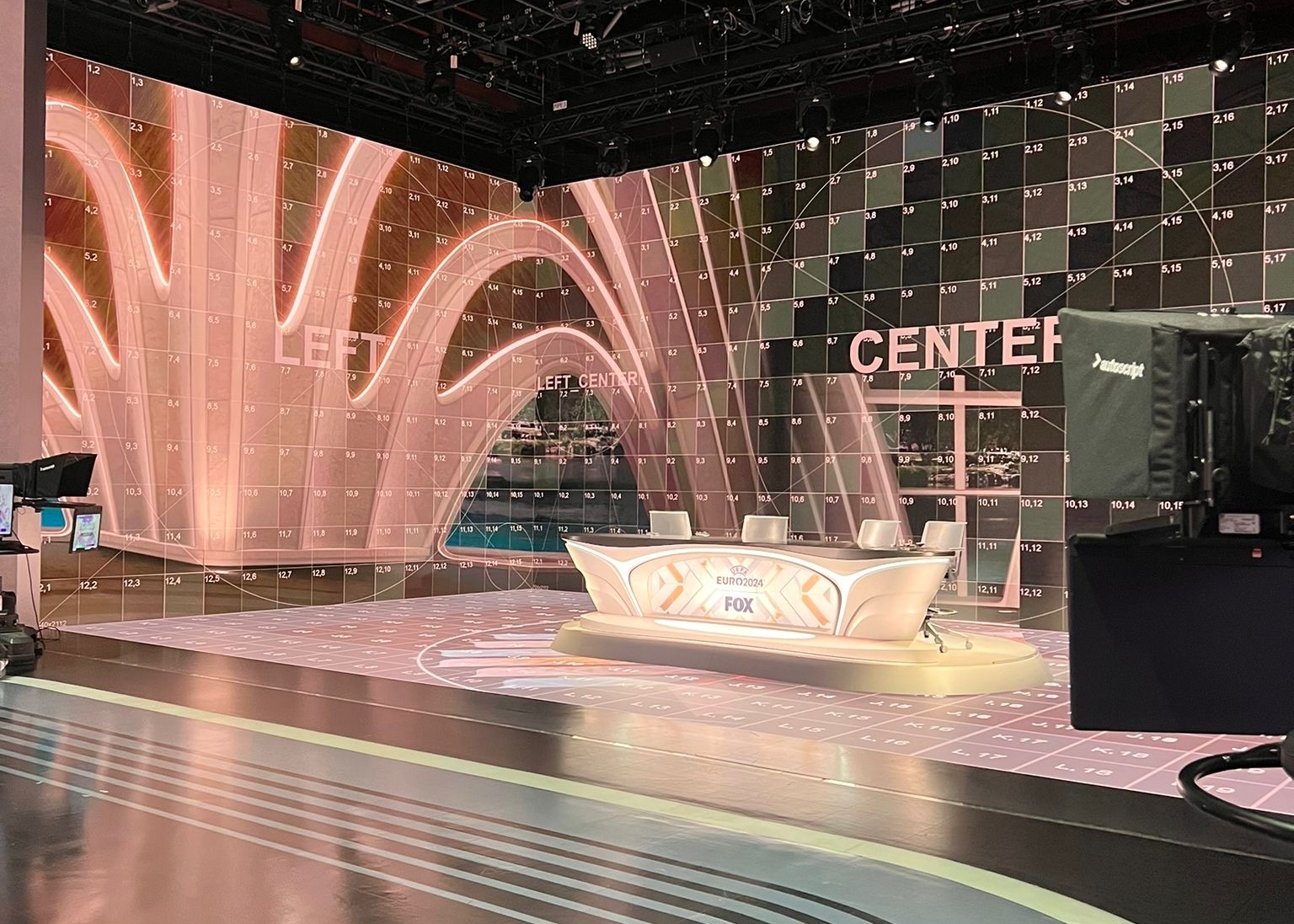
Getting used to 6pm bed times when it’s still broad daylight outside and 3am alarms, all while trying to stay in touch with loved ones back home, was the trickiest part. But you soon get used to being half way into your day by 10am – the quality of the football gets you through.
On screen, I was working with a mainly European group of pundits, namely Peter Schmeichel, Giorgio Chiellini, Daniel Sturridge, Owen Hargreaves, Rob Green, Warren Barton and Ari Hingst, along with an almost all British commentary and reporting team including Ian Darke, Derek Rae, Jacqui Oatley, Darren Fletcher and Geoff Shreeves. Landon Donovan and Alexi Lalas were the only US pundits regularly on the Euros coverage, so it had a very European feel throughout.
The biggest misconception I heard, was that some American networks dumb things down for their audience. From my experience, that was never the brief. The USA is a sports-mad country, they love football and are desperate to see more of it on their screens.
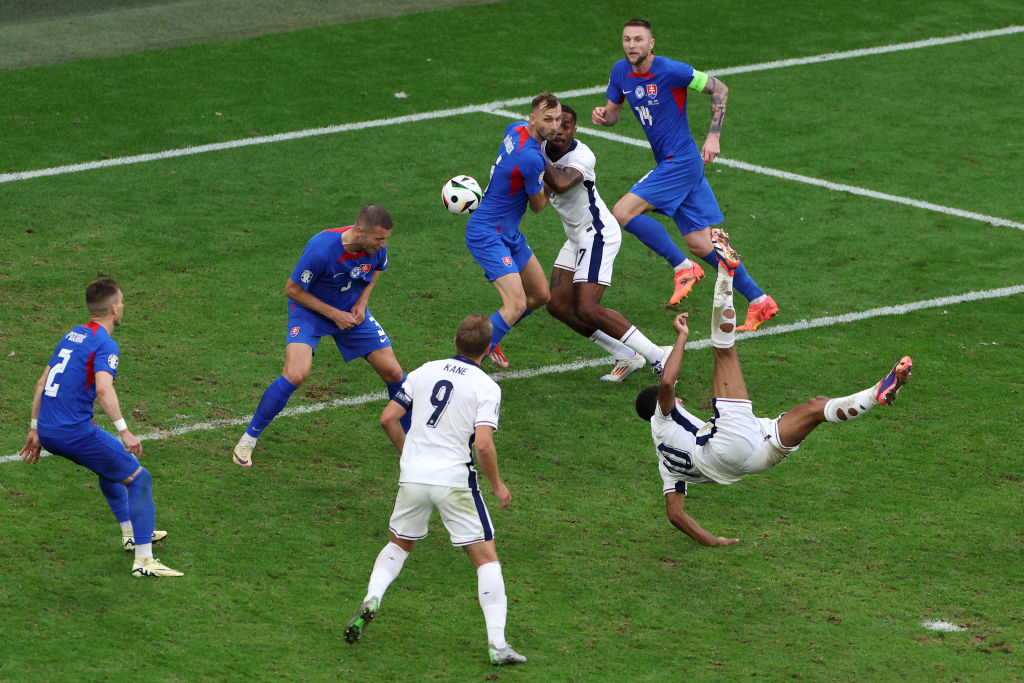
However, the way American programmes are structured in terms of advertising and sponsored elements is very different to what we’re used to in England, so it does mean that, at times, there’s less room for some of the longer, free-flowing chats and analysis that we’re accustomed to in England.
So, some of those punchy one-liners from Lalas that might rile the audience up are often a tool to maximise the short time available. The other big contrast was that we were covering the games from a set, rather than the stadium.
I’m almost always pitchside for matches – which, in my opinion, you can’t beat – but Fox’s studio is as impressive as it gets and surpasses any I’ve worked in before when it comes to the technology.
It’s a huge space that uses incredible Digital360 software that allows every element of what you see around you to be transformed into something entirely different on screen. It’s studio technology ordinarily used on film sets, not live football, so it was cool to get a chance to work in a space like that.
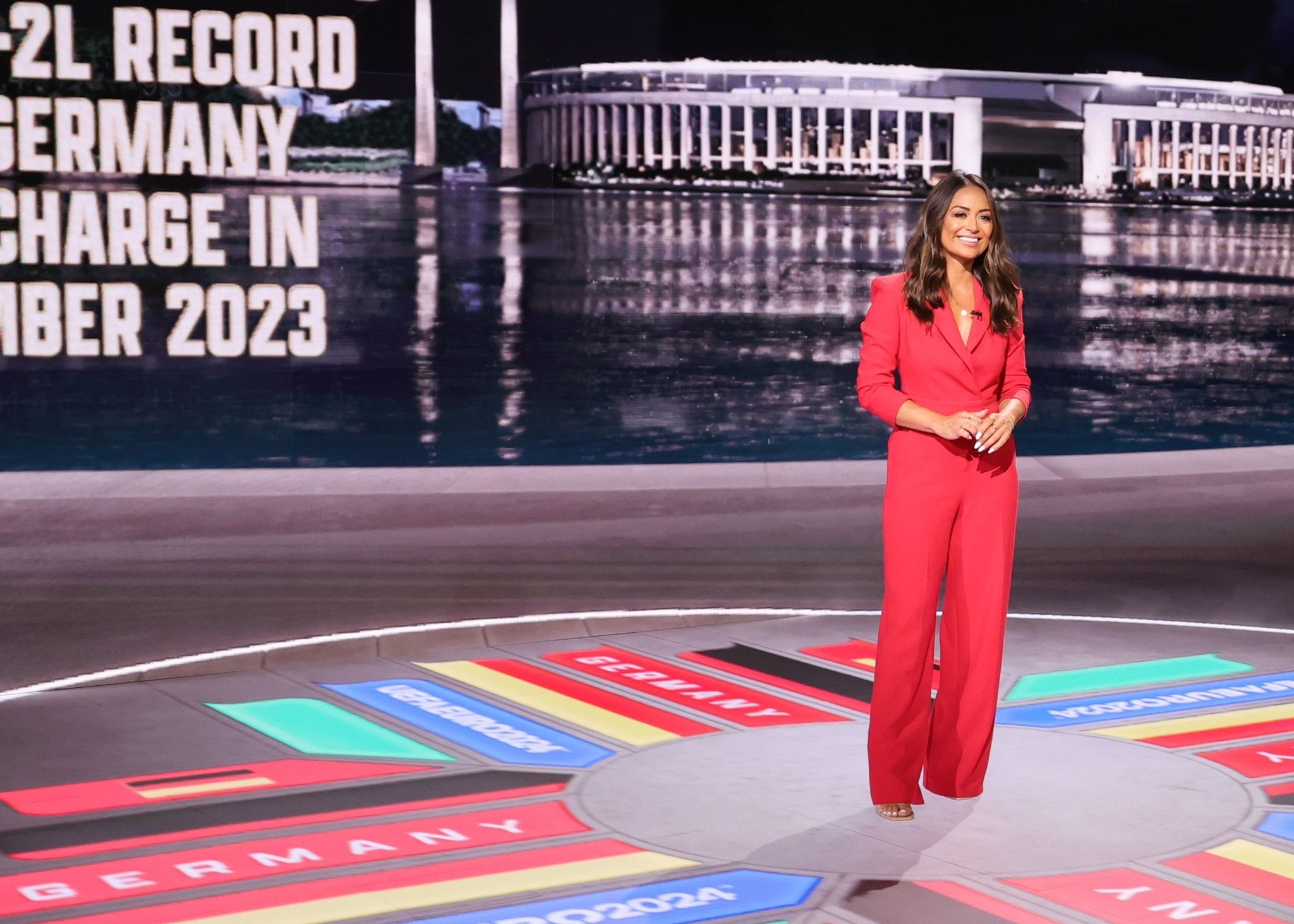
Aside from the technical geeks loving that side of things, if British broadcasting were to take any leaf out of the Americans’ book, it would certainly be their ability to have fun. They never take themselves too seriously and know how to laugh, smile and lighten things up.
At the end of the day, football is entertainment and it should be enjoyable to watch, and I’d love to see more of a balance of that on our screens at home. I’m not sure how much my American colleagues enjoyed England’s success.
That was one of the more interesting parts, not seeing an entire room go absolutely crazy when Jude Bellingham produced that bicycle kick or Ollie Watkins scored the goal to get us to the final. I was, though, encouraged to be unapologetically English on air, which was thoroughly enjoyable, particularly when the excitement was hard to hold back.
Thankfully, they understood what it meant. The 2026 World Cup comes to the States in two years’ time and America is a nation excited about football.
It’s going to be the biggest World Cup ever, a time to grow the sport in a country of proud football lovers. To even be a tiny part of that excitement this summer was a privilege.
I know the Euros have only just ended and England (nearly) brought football home, but now bring on 2026 – it promises to be pretty special.



